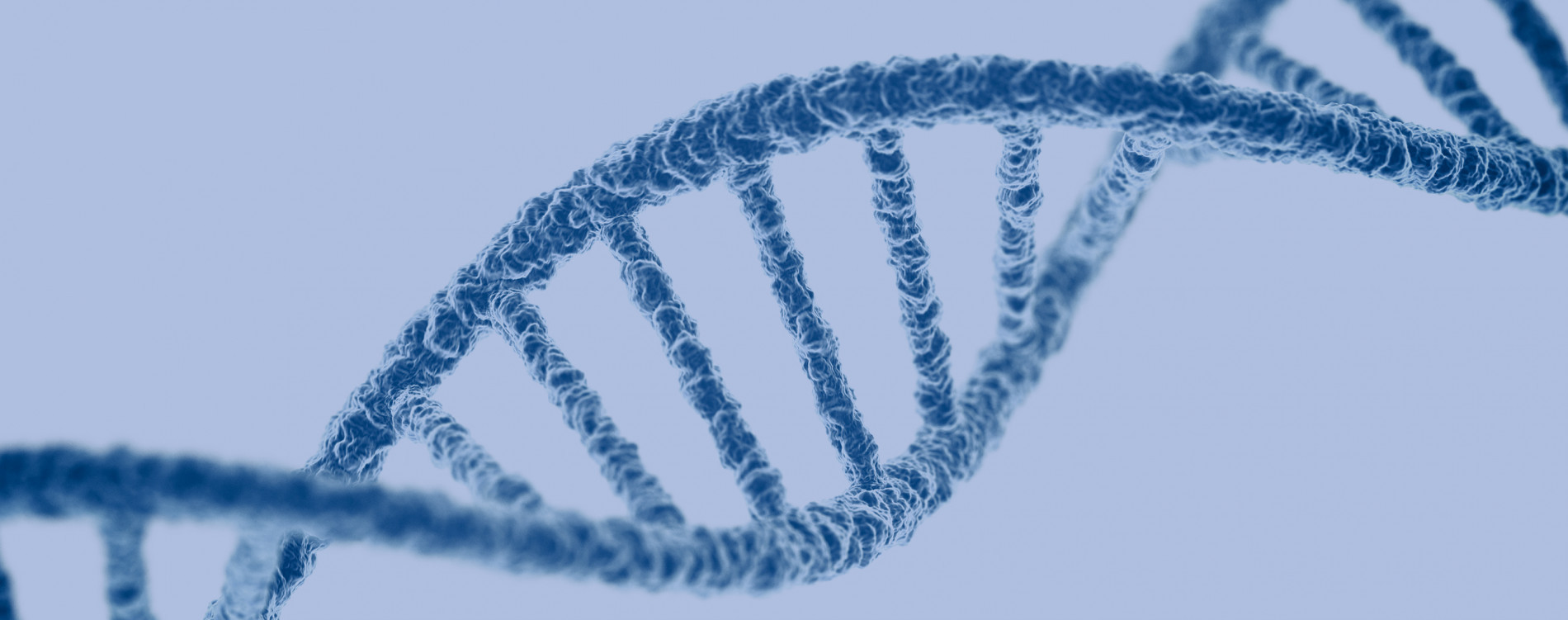One of the newest and most promising areas of our portfolio is epigenetic treatments. While genetic mutations are very rare, epigenetic changes are common and occur throughout our lifetimes. Environment, stress, and diet can all affect how our genes are expressed, and these epigenetic changes accumulate, causing serious damage to our bodies and passing down to our children. Epigenetic treatments harness our body’s ability to change gene expression—how and how much our gene work—for the better. Think of it like a dimmer switch: you can turn genes on and off and also increase or decrease their intensity.
Drugs in Development
Research into how epigenetic mechanisms affect our genes emerged within the last 15 years. In fact, scientists only settled on a definition of epigenetics in 2008. But we have already made astounding progress in developing epigenetic drugs based on that new knowledge. Oryzon Genomics, based in Barcelona, Spain, began work on epigenetic drugs for cancer in 2008. In 2010, with support from the Alzheimer’s Drug Discovery Foundation (ADDF), Oryzon started applying what it had learned from cancer to Alzheimer’s disease. Led by co-founder Tamara Maes, PhD, Oryzon developed ORY-2001, which may become the first epigenetic treatment for Alzheimer’s. It works by inhibiting lysine-specific histone demethylase 1 (LSD1), a protein involved in an epigenetic process that “turns down” good genes. By inhibiting this enzyme, ORY-2001 promotes the survival of neurons and may restore memory deficits and cognitive function. Dr. Maes and her team initiated the first clinical trial of an epigenetic drug for a neurodegenerative disease earlier this year, giving ORY-2001 to small groups of patients. The phase 1 trials are ongoing, with phase 2 trials expected to begin in 2017.
Rodin Therapeutics in Cambridge, Massachusetts, is also working on an epigenetic treatment for Alzheimer’s disease, which targets a different process and set of genes. Within funding from the ADDF, Berkley Lynch, PhD, and his colleagues at Rodin are developing a histone deacetylase 2 (HDAC2) inhibitor. The HDAC2 enzyme appears to “turn down” beneficial genes and lead to synaptic dysfunction, age-related neurodegeneration, and learning and memory deficits. By inhibiting it, Rodin’s drug increases expression of beneficial genes and improves cognitive function. It is now in the late stages of preclinical testing, with plans for clinical trials in a few years.
Biomarkers
For a successful clinical trial, researchers need to know whether their drug reached its intended target and had the desired effect. While no test for epigenetic changes in the brain currently exists, a team at Massachusetts General Hospital led by Jacob Hooker, PhD, is developing one. Last month, scientists from Hooker Lab published findings in Science Translational Medicine showing that they had successfully imaged epigenetic activity in a living human brain for the first time. Their PET scan tracer, [11c]Martinoset, focuses on HDAC levels in the brain. This is good news for the team at Rodin Therapeutics, who will now be able to see if their HDAC2 inhibitor works as intended. With a grant from the ADDF, Hooker Lab plans additional studies of its PET scan in patients with schizophrenia, Alzheimer’s, and Huntington’s disease, to better understand how HDAC expression works in such patients.
What's Next
Advances in epigenetics are happening at a fast pace, and the field is expanding. Oryzon is advancing toward phase 2 clinical trials and Rodin isn’t far behind. The PET scan being developed at Hooker Lab is allowing us to see HDAC in the brain, but biomarkers are needed for LSD1 and other epigenetic mechanisms. New biomarkers will shed more light on how epigenetics influence neurodegenerative diseases, giving researchers new targets for drugs to treat them. The ADDF is committed to funding this research as it develops. With your support, epigenetic treatments—completely unknown until recent years—will become a reality in our lifetime.
Howard Fillit, MD is the Founding Executive Director and Chief Science Officer at the ADDF
